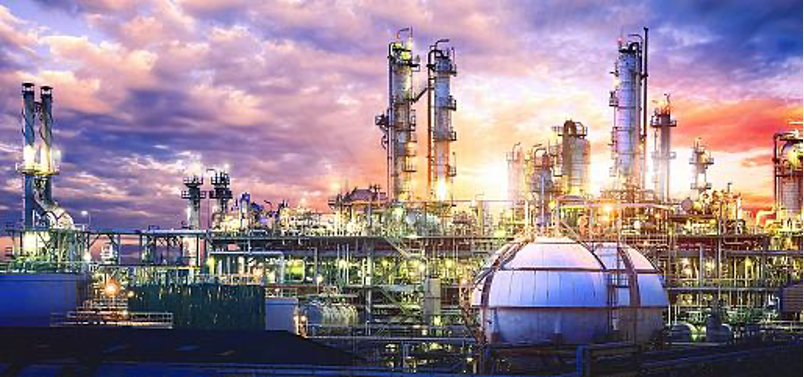Powerhouses of Petrochemicals: Countries with Petrochemical Plants and Their Applications
Introduction:
Petrochemical plants serve as vital hubs in the global industrial landscape, producing essential chemical compounds that fuel various sectors. These facilities, spread across different countries, play a critical role in the manufacturing of plastics, fibers, fertilizers, solvents, and countless other products. In this blog post, we will explore the countries that house petrochemical plants and delve into the diverse purposes for which these plants are utilized.
Countries with Petrochemical Plants:
Several countries have established petrochemical plants, capitalizing on their access to petroleum or natural gas reserves and striving to meet domestic and international demands. Let’s take a closer look at some prominent countries with petrochemical production capabilities:
- United States: The United States boasts a significant number of petrochemical plants, particularly in states like Texas and Louisiana. These plants produce a wide range of petrochemicals, including ethylene, propylene, and benzene, which are used as key building blocks in industries such as plastics, textiles, and automotive.
- China: China has emerged as a major player in the petrochemical industry, with numerous petrochemical plants spread across the country. China’s plants primarily focus on producing ethylene, propylene, and other key petrochemicals to meet the demands of its growing domestic market and support its manufacturing and construction sectors.
- Saudi Arabia: With abundant oil reserves, Saudi Arabia has invested heavily in the petrochemical sector. The country’s petrochemical plants are known for producing ethylene, methanol, and other intermediate chemicals used in plastics, fibers, and fertilizers. Saudi Arabia aims to diversify its economy by leveraging its petrochemical resources and becoming a global petrochemical hub.
- Germany: Germany is home to several petrochemical plants, particularly in the Rhine-Ruhr region. These plants focus on producing petrochemicals used in automotive components, plastics, and synthetic fibers. Germany’s expertise in engineering and technology drives its petrochemical industry’s innovation and competitiveness.
- India: India has witnessed significant growth in its petrochemical sector, with petrochemical plants located across the country. These plants produce a wide range of petrochemicals used in sectors such as plastics, textiles, pharmaceuticals, and agriculture. India aims to strengthen its petrochemical industry to support its growing economy and meet domestic demands.
Applications of Petrochemical Plants:
Petrochemical plants serve as the backbone of various industries, supplying essential materials for numerous applications. Some key applications of petrochemicals produced in these plants include:
- Plastics and Packaging: Petrochemicals are the primary raw materials for the production of plastics, which have become integral to packaging materials, consumer goods, and various industrial applications.
- Textiles and Fibers: Petrochemicals such as polyester, nylon, and acrylic fibers are widely used in the textile industry for manufacturing clothing, carpets, and home textiles.
- Automotive Components: Petrochemicals play a crucial role in the production of automotive components, including plastics for interiors, rubber for tires, and lubricants for engines.
- Fertilizers and Agrochemicals: Petrochemical-based fertilizers and agrochemicals support agricultural activities by providing essential nutrients, pest control, and crop protection.
- Pharmaceuticals and Healthcare Products: Petrochemicals serve as the basis for manufacturing synthetic fibers, solvents, and active ingredients in pharmaceuticals, supporting the healthcare industry’s advancements.
Conclusion:
Petrochemical plants, spread across different countries, serve as key contributors to the global industrial landscape. They play a crucial role in meeting the demands of industries such as plastics, textiles, automotive, and healthcare. The petrochemicals produced in these plants serve as the building blocks for countless products that enhance our daily lives and drive economic growth. By leveraging their access to petroleum or natural gas reserves, these countries continue to innovate and expand their petrochemical industries, shaping the future of various sectors and contributing to global development.

